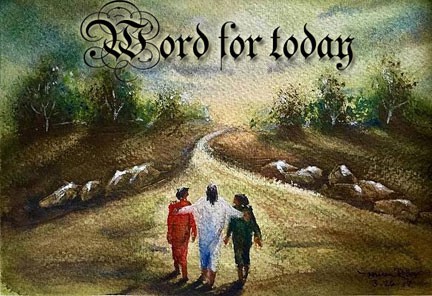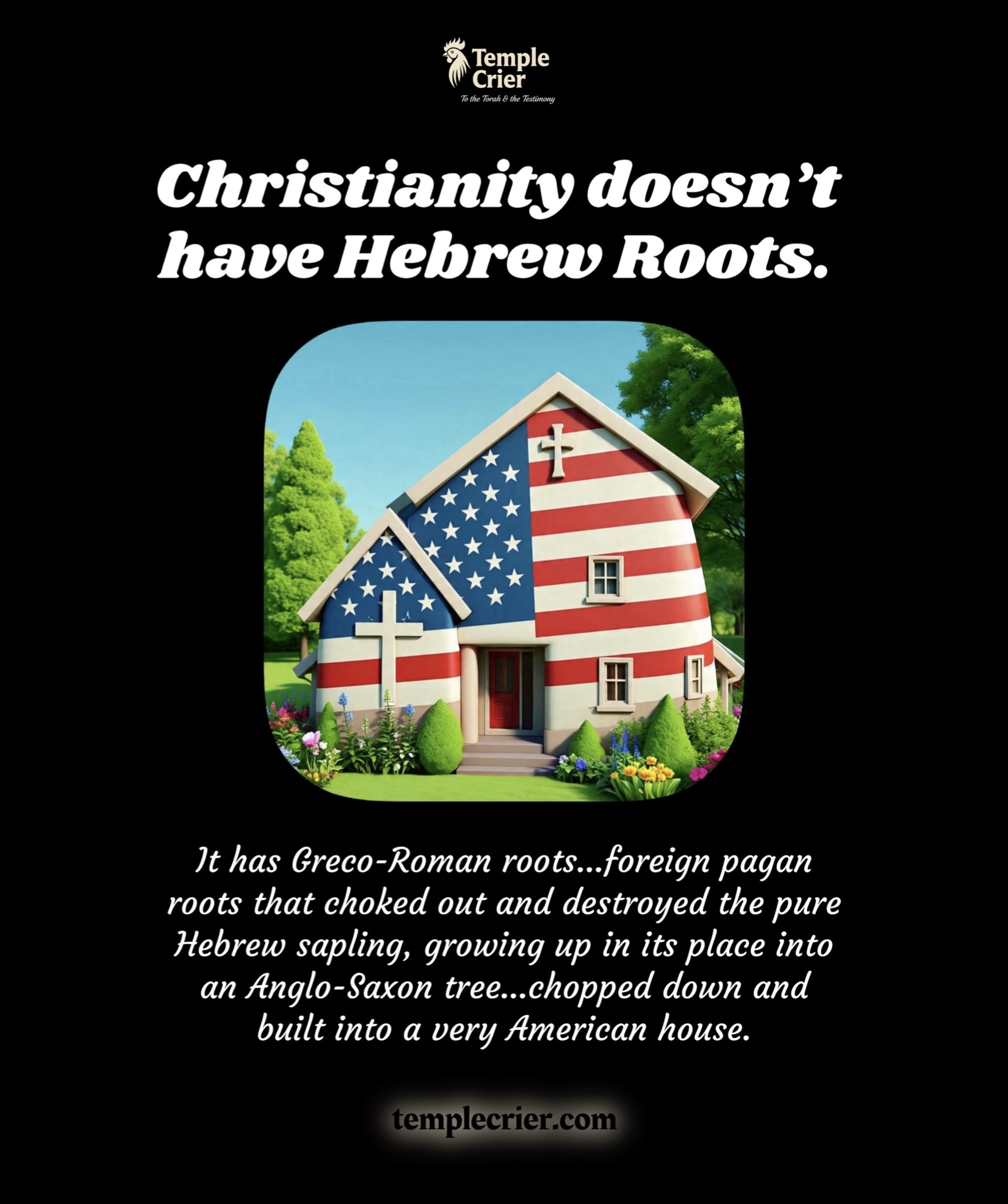Watch
Events
Articles
Market
More
101025 / 17th day of the 7th month 5786
WORD FOR TODAY: Rom 7:14 For we know that the Law is spiritual, but I am of flesh, sold into bondage to sin. Rom 7:15 For what I am doing, I do not understand; for I am not practicing what I would like to do, but I am doing the very thing I hate.
Rom 7:16 But if I do the very thing I do not want to do, I agree with the Law, confessing that the Law is good.
WISDOM FOR TODAY: Pro 21:28 A false witness will perish, But the man who listens to the truth will speak forever.
Ask the LORD how you can serve HIM better
www.BGMCTV.org




Proverbs 16:18, “Pride goes before destruction, and a haughty spirit before a fall.” Many things can lead to pride, a finished project that turns out exactly as planned or a child who excels at something may sometimes bring a feeling of pride instead of satisfaction. The danger is when we think that the accomplishment is something that we have done alone without the Creator being involved in some way.



It might sound like splitting hairs, but we were called to be Hebrew not Hebrew Roots.
And we must be mindful of the difference.
Looking for our Hebrew Roots assumes Christianity is correct, and we should be Christian, only needing to get back to a better version.
But being Hebrew is a whole other thing from being Christian.
Being Hebrew is literally leaving. Leaving Christianity. Leaving paganry. Leaving and becoming an Outsider from all that other stuff we came from.
Getting back to the basics is better than carrying on in the evil of our time but it’s not a proper view of the truth of who we are and how we are supposed to be living aswell as what that life makes us.
It’s a subtle difference but so dynamic.
Question Everything
Get Biblical
templecrier.com




Thought for Today: Friday October 10
On a daily basis, we see only our immediate problems and burdens, but YHVH sees the whole. He sees both the present and the future. He wants to lift us above ourselves. He wants us to see everything in light of His Plans. The psalmist said: “ADONAI will perfect that which concerns me.” (Psalm 138:8) Thus, keep your eyes on YHVH, for He sees the whole picture, and He knows what is best for you. You can trust Him because He truly Loves you.



The Ha’azinu portion takes us to one of the most solemn moments in the life of Moses. Standing before all Israel, he sings a song that is not merely poetry but a prophetic testimony. He calls heaven and earth as witnesses, declaring that Yehovah is just, faithful, and perfect in all His works.
He reminds us how the Creator found His people in the wilderness, cared for them as the apple of His eye, and caused them to prosper. Yet He warns that Israel, in its abundance, will rebel and follow other gods, provoking divine judgment—famine, pestilence, war, and dispersion.
Even so, Yehovah promises not to destroy them completely so that the nations will not boast. The song ends with hope: the day will come when Yehovah will avenge His servants and restore His people. It is a call to listen, remember, and return.
Read the full article on our website:
https://aroodawakening.tv/parashah-haazinu/



